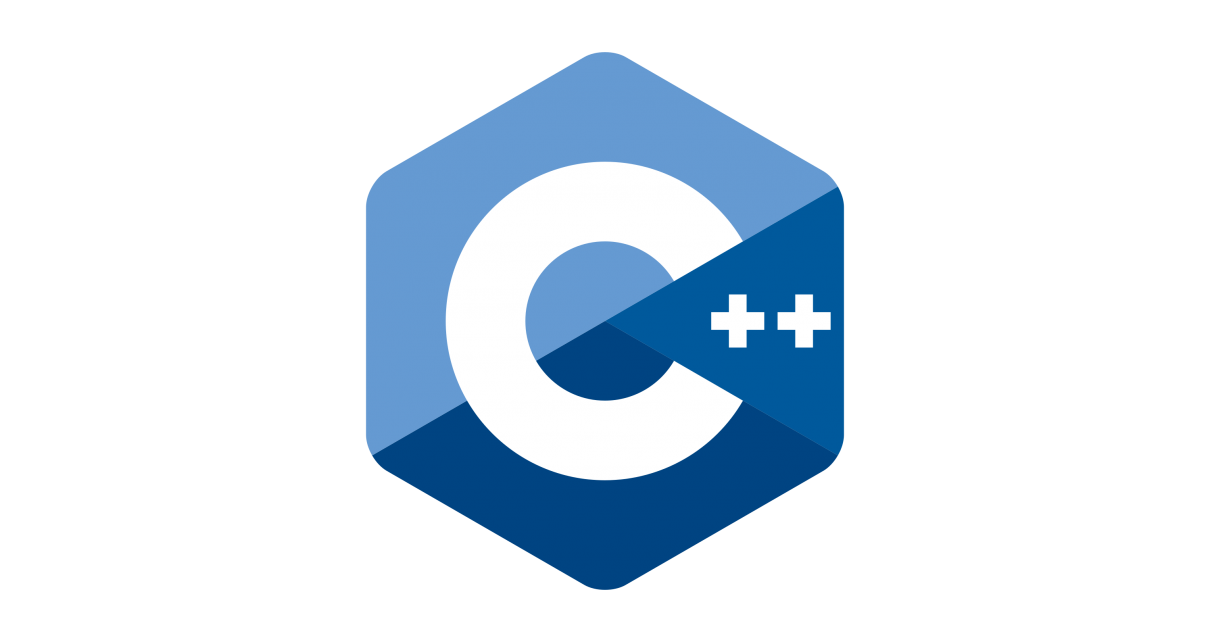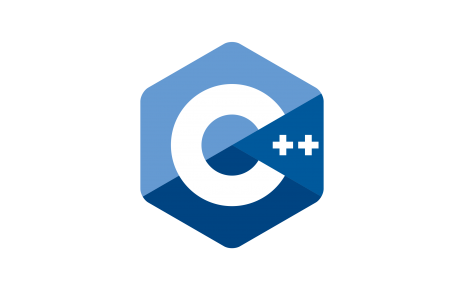#include<iostream.h>#include<conio.h>class add{public:inta,b;add(intr,int i){a=r;b=i;}add(){}add operator +(add);void disp();};add add::operator + (add t1){add t2;t2.a=a+t1.a;t2.b=b+t2.b;return t2;}void add :: disp(){cout<<” \n RESULT=” <<a<<”and”<<b;}void main(){clrscr();
add pix1(12,4);add pix2(82,4);add pix3;pix3=pix1+pix2;pix3.disp();getch();}



